Introduction to Guzheng Songs
106 views · Organized by 钟离 on 2022-01-28
There are five ancient guzheng songs: "High Mountains and Flowing Water", "Guangling San", "Pingsha Falling Wild Goose", "Three Lanes of Plum Blossoms", and "Eighteen Beats of Hu Jia". It is mainly composed of panel, bottom plate, zither edge, zither head, Yueshan, yards, piano nails, sound holes and strings.
"High Mountains and Flowing Water" comes from the Jin State during the Spring and Autumn Period and the Warring States Period, a story between a man named Yu Boya and Zhong Ziqi's bosom friend. Later, Zhong Ziqi unfortunately died of an illness. Before he died, he left a last word that he would build the tomb by the river, and when they met on the fifteenth day of the eighth lunar month, he would listen to Yu Boya's qin. He was deeply saddened to hear the news of the passing of Zhiyin, so Yu Boya came to Zhong Ziqi's grave and played the ancient song "High Mountains and Flowing Water" mournfully.
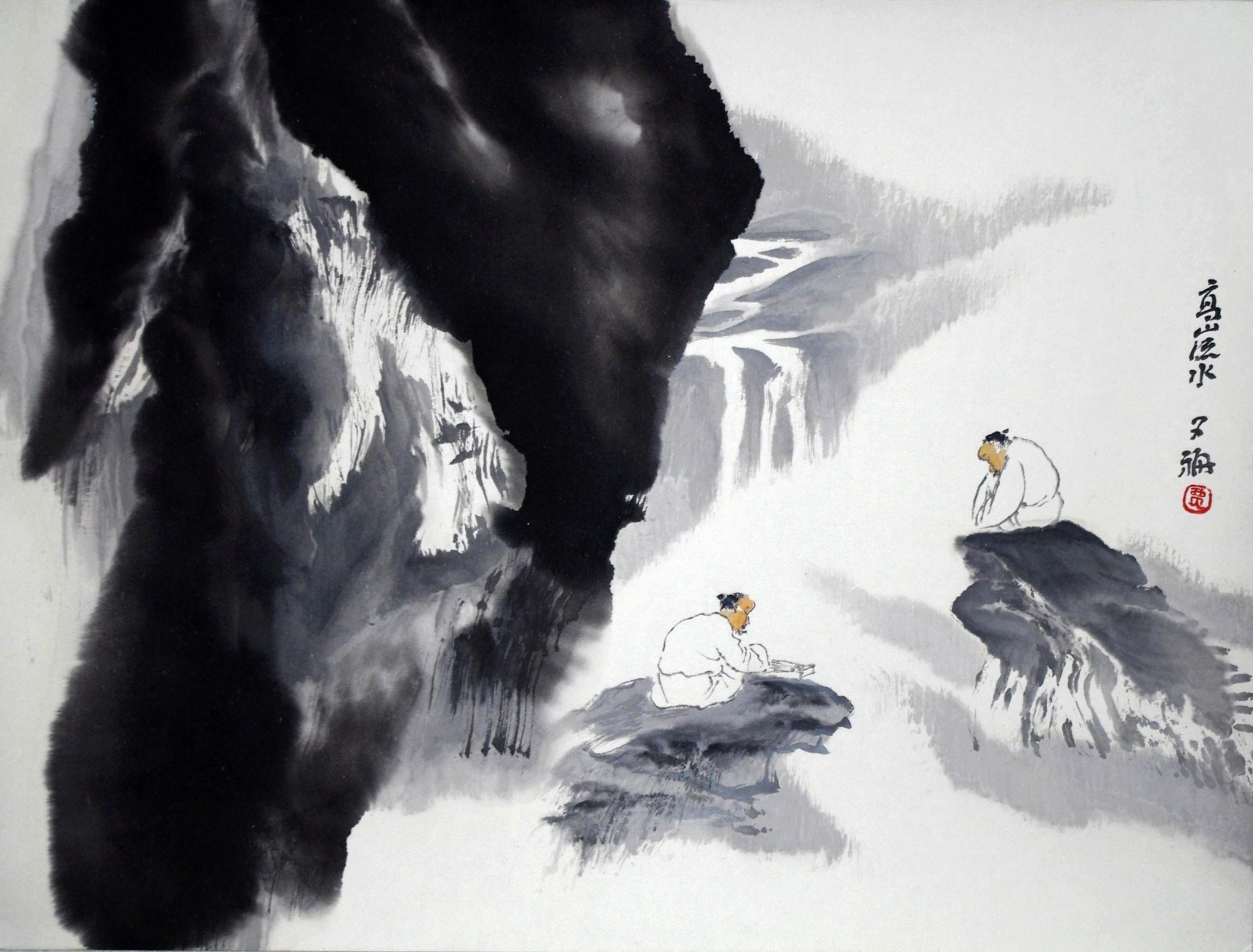
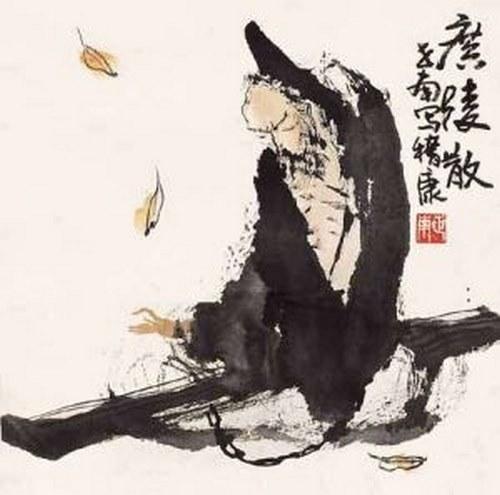
"Pingsha Luoyan" is also known as "Yan Luopingsha" or "Pingsha", the author is unknown. After its publication, it has been loved by qin masters, widely circulated, and has many versions. It is one of the most popular qin pieces. For the understanding of Quqing, some describe the autumn scenery; some embody the ambition of Huhong; some express the feeling that the world is not as dangerous as the wild goose. The tone and tone are quiet and beautiful, there is movement in stillness, the melody is undulating, continuous, and beautiful.
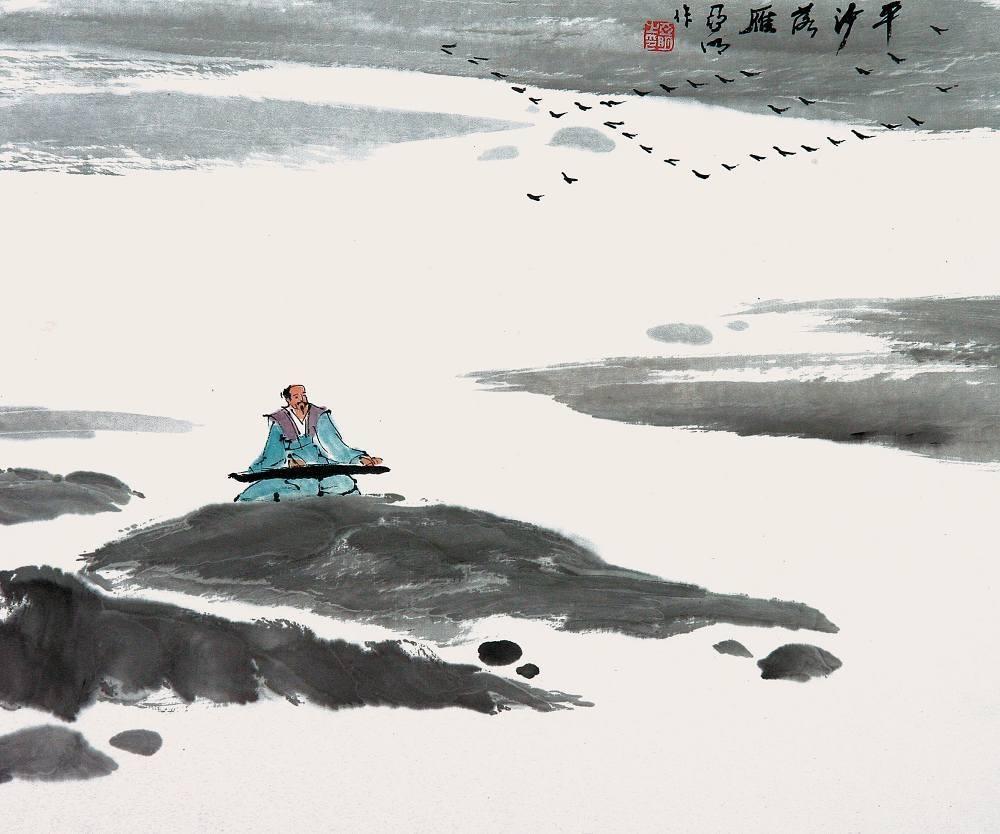
"Three Lanes of Plum Blossoms" is a song that borrows objects to cherish the feelings. Through the white, fragrant and cold-resistant characteristics of plum blossoms, it praises people with noble sentiments. do".
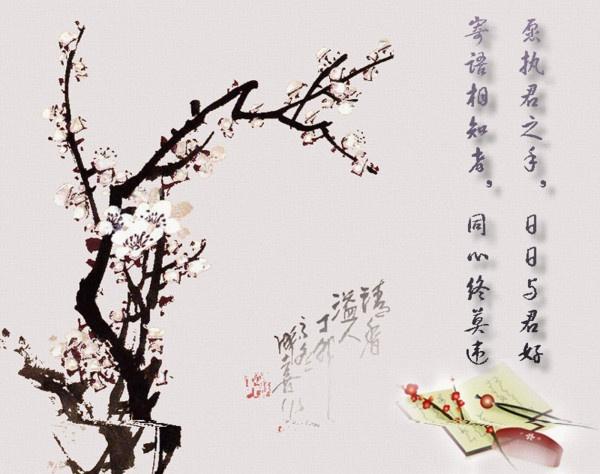
"Eighteen Shots of Hu Jia" At the end of the Han Dynasty, Cai Yan (Wen Ji), the daughter of Cai Yong, a famous writer and guqin master, was captured by the Huns during the military chaos, and stayed in the South Huns and Zuo Xian as his concubine, and gave birth to two children. . Later, Cao Cao sent someone to bring her back, and she wrote a long poem, narrating her tragic life experience and the feelings of homesickness and other children. Emotional sadness and excitement, very touching. Eighteen beats means eighteen songs. And because the poem was written by her feeling Hu Jia's lamentation, it is called "Hu Jia Eighteen Beats" or "Hu Jia Ming".
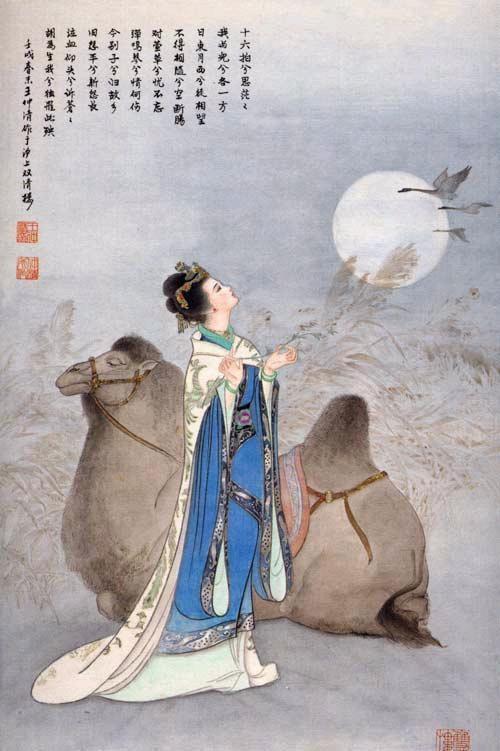
Involving musical instruments
Guzheng (pinyin: Gǔ Zhēng), also known as Hanzheng and Qinzheng, is an ancient national musical instrument of the Han nationality and is popular all over China. It is often used for solo, duet, instrumental ensemble and accompaniment of song and dance, opera and folk art. Because of its wide range, beautiful timbre, rich playing skills and strong expressiveness, it is known as the "King of Music", also known as "Oriental Piano", and is one of the unique and important national musical instruments in China.
Guess you like
Organized by 秋色 on 2024-07-27
As a famous guzheng song that has been around for a long time, "Upstairs" not only shows the exquisite skills of the guzheng, but also contains profound literary implications and emotional expression. Like a dynamic ink painting, "Upstairs" leads the audience into a music world full of poetry and imagination.
read >>
Organized by 苏肆 on 2024-07-27
In the long history of Chinese traditional music, Guzheng, as a very representative instrument, has carried the feelings and dreams of countless literati. Among them, with its unique charm and far-reaching cultural connotation, "Purple Bamboo Melody" has become a bright pearl in the repertoire of guzheng, leading the audience to enter the piece full of poetic and picturesque Jiangnan water town.
read >>
Organized by 线性代数 on 2024-07-25
In the vast world of traditional Chinese music, Guzheng is unique with its unique timbre and rich expression. Among them, "Pink Lotus" as a popular guzheng repertoire, not only shows the superb skills of guzheng performance, but also conveys the composer's deep understanding of the beauty of nature.
read >>
Organized by 迷雾风暴 on 2024-07-24
As a popular guzheng song, "Butterfly Love" not only carries profound cultural heritage, but also the perfect fusion of emotion and natural beauty. This song describes a romantic picture of butterflies and flowers in spring with delicate brushstrokes, arousing people's yearning for beautiful love and deep understanding of nature.
read >>
Organized by 某某 on 2024-07-23
Among the treasures of Chinese classical music, Guzheng carries thousands of years of cultural memory with its unique timbre and rich expression. Among many famous guzheng songs, Xiangshan Archdrum has become a widely acclaimed classic for its melodious melody and profound cultural connotation.
read >>
 渝公网安备 50010702504639号
渝公网安备 50010702504639号